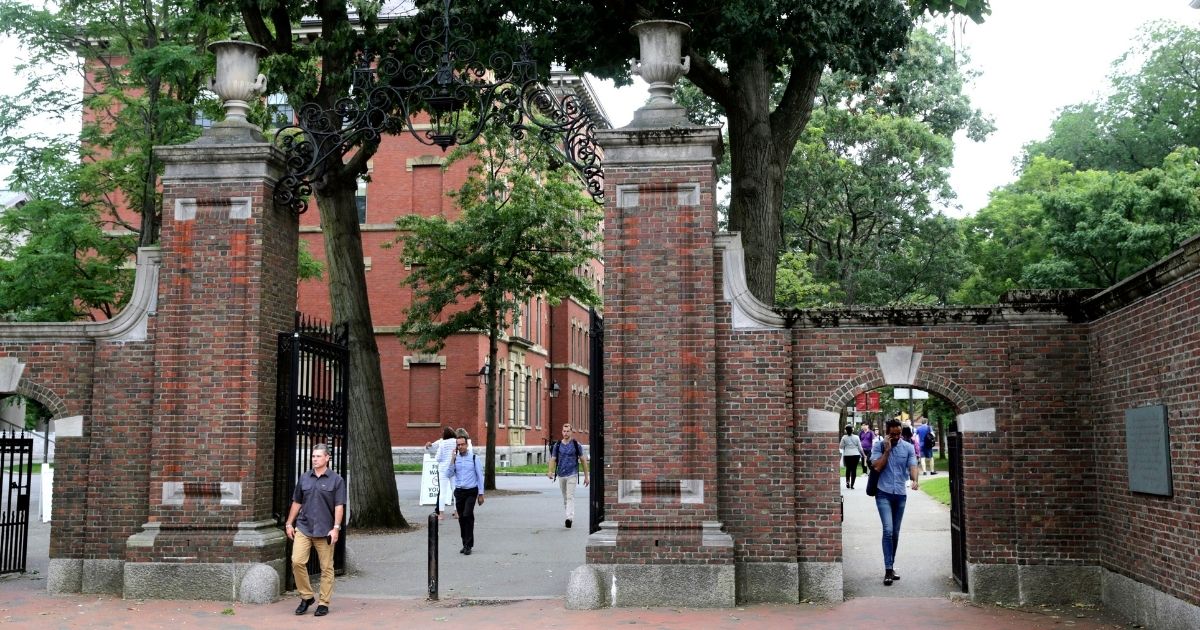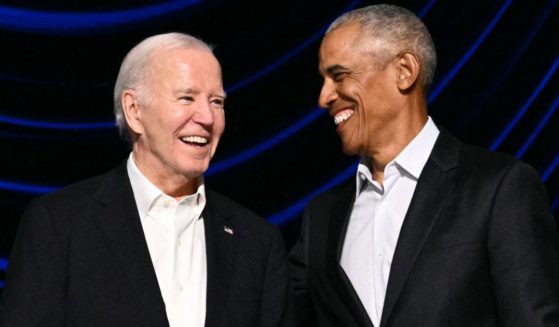
Lawyer: Here's How Affirmative Action Is Vulnerable to Fraud
A lawsuit against Harvard University is pending review by the Supreme Court of the United States.
The lawsuit, filed by Students for Fair Admissions in 2014, alleges that Harvard is actively violating Title VI of the Civil Rights Act by discriminating against Asian students.
The nonprofit student rights group appealed its case to Supreme Court after the 1st U.S. Circuit Court of Appeals affirmed a lower court’s ruling against it in 2019.
The SFFA lawsuit aims to entirely ban the practice of affirmative action in admissions, which, according to one expert familiar with the case, is a system vulnerable to fraud.
Cory Liu, a partner at the Ashcroft Law Firm who filed an amicus brief as a part of the case, spoke with The Western Journal on Monday, explaining how affirmative action policies are susceptible to fraud.
Liu believes that central to this issue is the fact that affirmative action relies on self-identification.
This is not only a problem at Harvard, he explained, noting “that’s pretty much how all schools do it.”
“They do not try to investigate how authentic your claim of race is, because, as you can imagine, that would result in some judgment calls that are kind of fuzzy and hard to define. It’s hard to do that in a consistent way,” Liu told The Western Journal.
“Who is too Asian or not black enough or whatever?” he said.
“If they’re doing self-identification, how do you prevent fraud? How do you prevent exaggeration?”
Furthermore, Liu shared that the American Bar Association once had a committee meet about this problem after it had been discovered that this sort of fraud was running rampant with law school admissions.
“There were far more people applying saying they’re Native American than there are actual Native American lawyers,” he said.
In response to the issue, the American Bar Association “urged law schools to require some kind of proof” of applicants’ identities, Liu said.
It’s not always people trying to game the system in bad faith, however.
“Quite frankly, people sometimes are confused about how they should identify. All these ancestry tests that people are doing, you know, they’re learning things about themselves they didn’t know,” Liu told The Western Journal.
Despite all of these facts, many universities across the country and members of the Democratic Party stand behind affirmative action policies, arguing they are warranted in order for institutions to increase their “diversity.”
Even if that comes at the expense of more qualified students.
Truth and Accuracy
We are committed to truth and accuracy in all of our journalism. Read our editorial standards.
Advertise with The Western Journal and reach millions of highly engaged readers, while supporting our work. Advertise Today.












